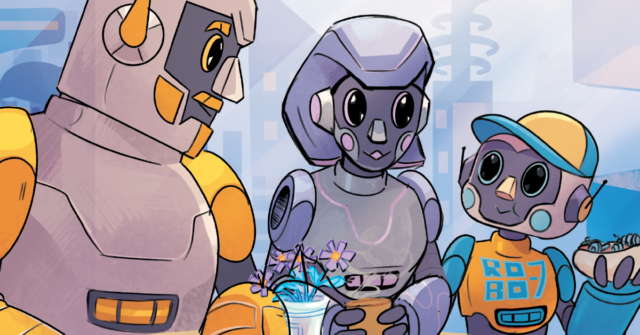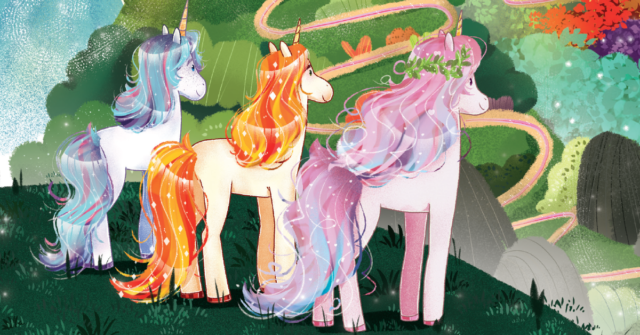Welcome back to firsthand Friday! In today's post, author Laura Robb considers the power of story as it relates to the shortcomings of the CCSS.
Welcome back to firsthand Friday! In today's post, author Laura Robb considers the power of story as it relates to the shortcomings of the CCSS.

by Laura Robb
When students read with depth, they infer, use text structure to explore main ideas and themes, and are sensitive to the writers’ word choice as a guide to point of view and tone. The Common Core State Standards (CCSS) invite learners to read and analyze complex texts by applying anchor text standards similar to those listed above. I have no issue with these standards, and most of them have been discussed pre-Common Core by me, Ellin Keene, Linda Hoyt, Nancie Atwell, and Jim Burke well before states adopted them.
However, I do take issue with the CCSS’s emphasis on informational texts for reading and writing to argue and explain. The Common Core has tipped the scales of balanced literacy by de-emphasizing fiction, which the Standards renamed “literature.” This separation carries negative connotations for fiction—that somehow fiction is less worthy than nonfiction and, therefore, does not have as strong a role in preparing students for college and career. And yet, great writers like Shakespeare, Tolstoy, Dostoyevsky, Solzhenitsyn, Camus, Flaubert, Hemingway, Baldwin, Morrison, Wright, and Steinbeck all wrote fiction because stories are the stuff of life and define our culture.
The Power of Story
“Reading can be a road to freedom or a key to a secret garden, which, if tended, will transform all of life.” Katherine Paterson shared these words at a National Council of Teachers of English meeting more than 15 years ago. The Common Core tells us that reading and writing are for college and career. But, that is just one aspect of reading and writing. These reciprocal processes can facilitate changes in readers because the stories read or written transcend college and career. Stories are powerful. They transform how one thinks and feels.
In the Sunday, December 21, 2014, New York Times “News in Review,” the article by Keith Oatley and Maja Djikic, both cognitive psychologists at the University of Toronto, describes research that corroborates Paterson’s quote. Two studies show that powerful stories and compelling nonfiction can transform readers’ feelings and personality traits. Using personality tests on subjects before and after they read a piece of fine literature, the researchers showed that the reading changed the subjects. Literature pushed readers to reflect deeply about themselves and their personalities in new ways.
In Cahoots with Characters
When reading or writing fiction, we live a character’s life, we inhabit their identities, we dream about them at night and think about them during the day, and the process holds the power to transform us. In The Call of Stories, Robert Coles uses the phrase “in cahoots with the character” to illustrate the deep connections that readers can forge with characters and persons.
Readers are in cahoots when they imaginatively enter into a character’s or a person’s life through reading and writing. This being in “cahoots” enables us to empathize with others and learn things about ourselves that we hadn’t been able to recognize before the reading and writing.
This being in "cahoots" enables us to empathize with others
Thinking about and discussing books starts at school with teachers reading aloud, with students choosing books that motivate and engage them, and with students participating in literature circles to share and grow their book-inspired ideas. But it doesn’t stop at the edge of the schoolyard. It continues outside of school in the social milieu of blogs and Twitter and face-to-face discussions in outside-of-school book clubs.
Reading with depth, inferring, using text structure to explore main ideas and themes, and being sensitive to the writers’ word choice as a guide to point of view and tone are all skills that students need to navigate the world of information. But let’s not forget what it takes to make a reader for life.
Next week, read Laura’s blog about writing, “Writing for Life.”
♦ ♦ ♦ ♦
Laura Robb is the author of several classic books on literacy, including The Smart Writing Handbook and Teaching Middle School Writers. A survey conducted by Instructor magazine named Laura as one of the nation's top 20 educators. Visit her web site for teaching tips and to find out more about her in-service offerings. Follow Laura on Twitter @LRobbTeacher for more updates.


